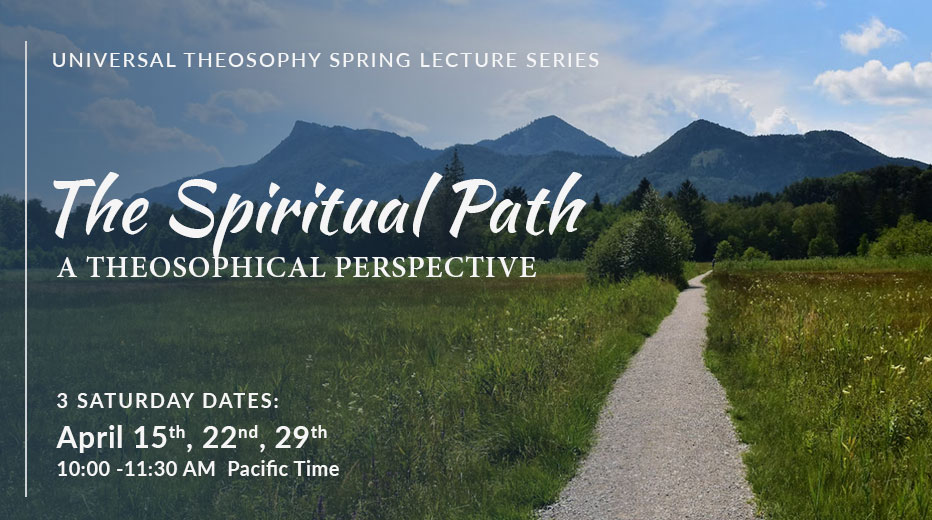- Messages
- 3,000
- Reaction score
- 1,515
- Points
- 108
I'm interested in the idea of perennialism, the idea roughly corresponding to the idea that all religions are from the same source.
 www.worldwisdom.com
www.worldwisdom.com
 www.worldwisdom.com
www.worldwisdom.com

 thechristianmysteries.blogspot.com
thechristianmysteries.blogspot.com
I'm glad I had those saved.
When I look up perennialism now just as a keyword search, the main thing that comes up is educational perennialism, which has to do with the idea of their being timeless truths that need to be taught to every generation, probably connected to the idea of a classical education.
But I am interested in the theological perennialism and was wondering what others' thoughts were.
A Definition of the Perennial Philosophy - Introduction
A Definition of the Perennial Philosophy - Perennialism and Traditionalism
Critique of Perennialism
Earlier I wrote about the “Perennialist” school or movement. Its manifesto could be said to be Frithjof Schuon’s The Transcendental Uni...
I'm glad I had those saved.
When I look up perennialism now just as a keyword search, the main thing that comes up is educational perennialism, which has to do with the idea of their being timeless truths that need to be taught to every generation, probably connected to the idea of a classical education.
But I am interested in the theological perennialism and was wondering what others' thoughts were.

